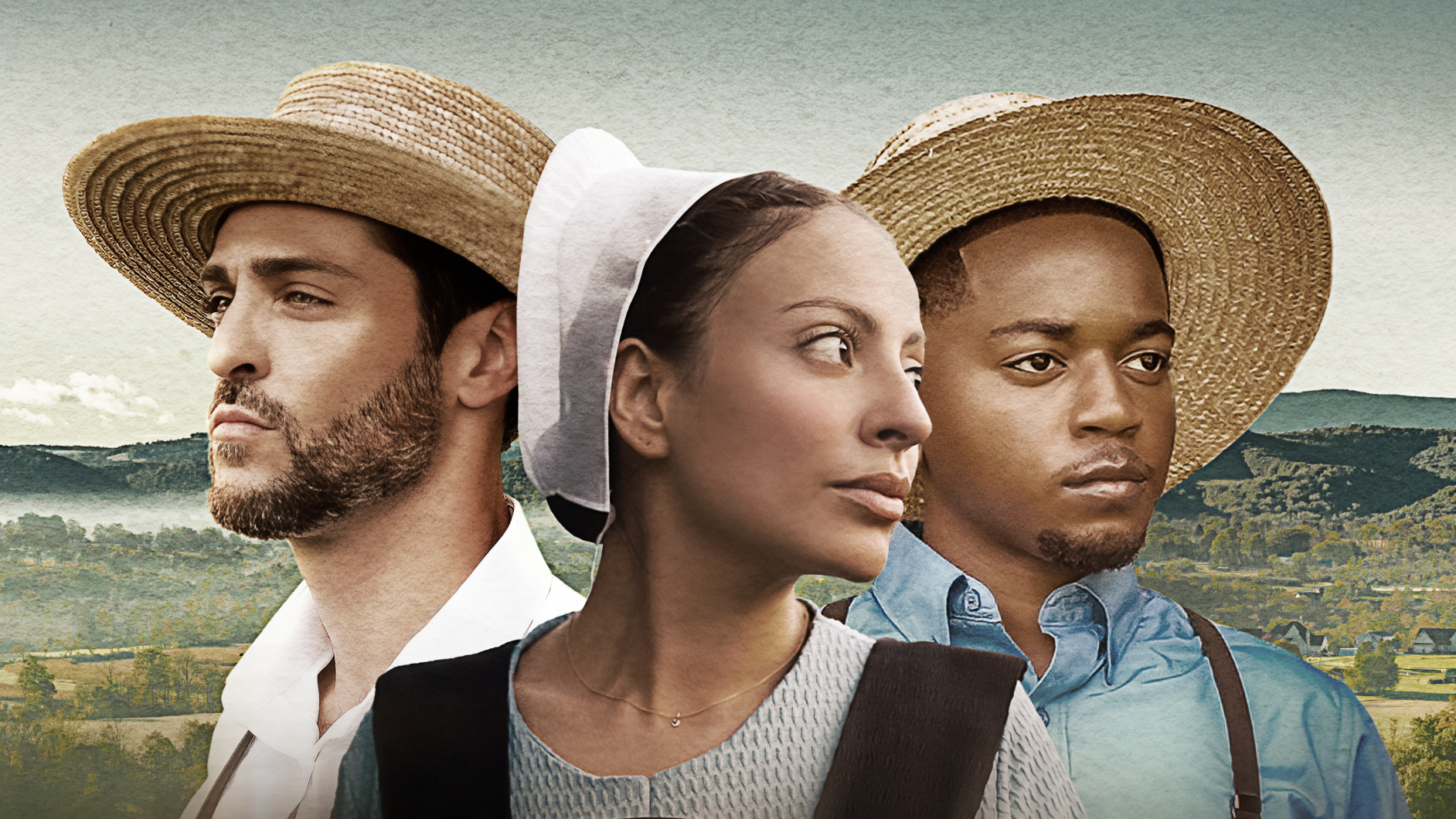Change Your Mind, Change Your Life… with Matt and Emma Willis: release date, episodes, experts, interview and everything we know
Matt and Emma Willis lift the lid on real-life therapy sessions in their new four-parter, Change Your Mind, Change Your Life.
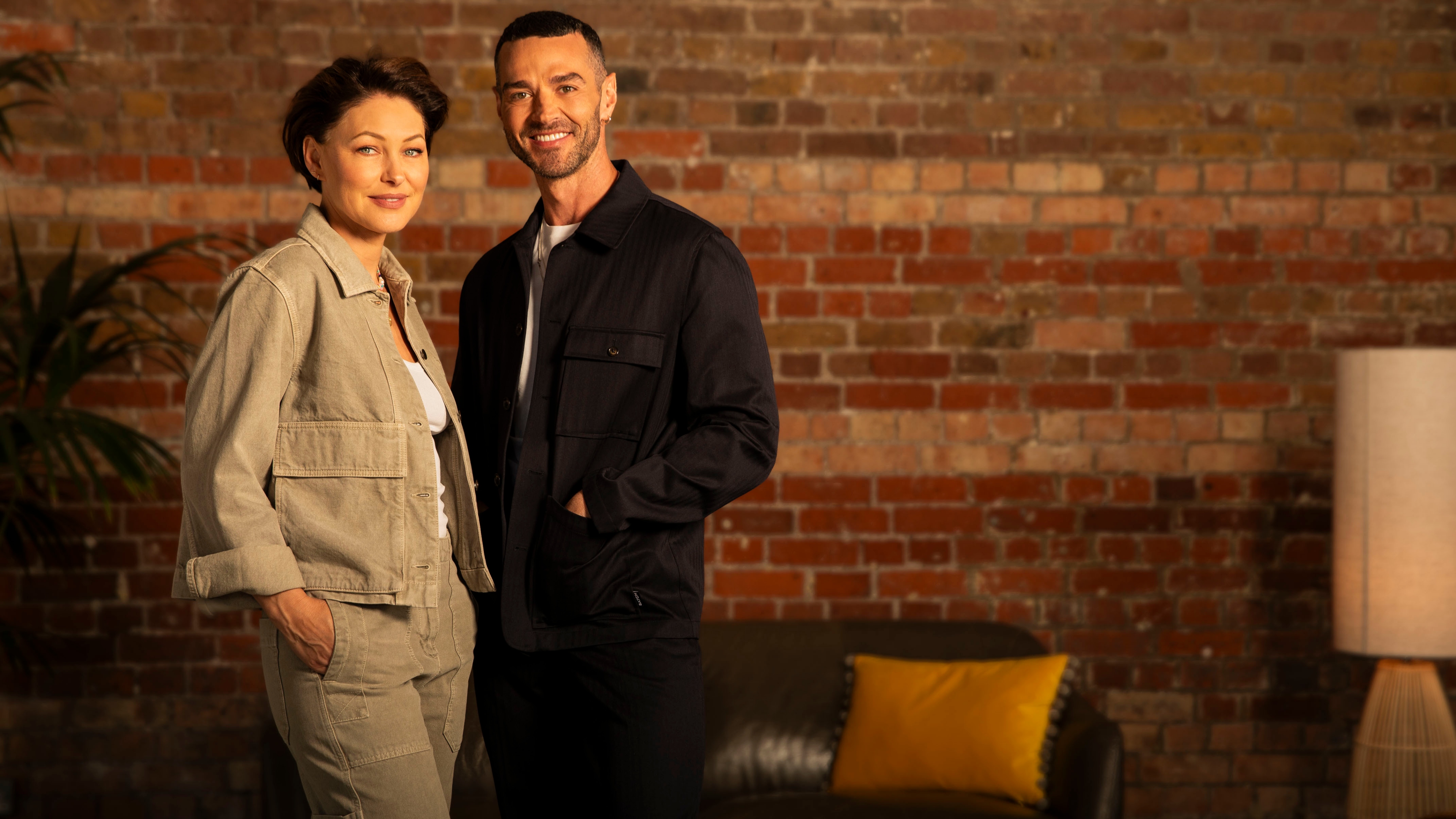
As a successful celebrity couple, Matt and Emma Willis’s lives have been under the spotlight throughout their 20-year relationship. Yet, away from the cameras, the Busted star and Big Brother presenter have dealt with their most personal issues in the privacy of a therapist’s office.
Now, they’re using their experiences to help others by exploring the inner workings of real-life therapy sessions in their new four-part BBC1 series, Change Your Mind, Change Your Life… with Matt and Emma Willis.
Here, Matt and Emma joined What To Watch to tell us more…
Change Your Mind, Change Your Life… with Matt and Emma Willis — release date
The first two episodes of Change Your Mind, Change Your Life… with Matt and Emma Willis will air on BBC1 on Tuesday, May 13, 2025 at 11pm and 11.50pm.
The entire series will be available as a box set on BBC iPlayer from Tuesday, May 13.
The following two episodes wil air on BBC1 on Tuesday, May 20, 2025 at 10.40 and 11.25pm
Change Your Mind, Change Your Life — the experts
In the fly-on-the-wall style documentary airing on BBC1, leading therapists Dr. Fatoumata Jatta, Owen O’Kane, Julia Samuel and Professor Steve Peters - known for his work with elite athletes, including Ronnie O’Sullivan - help people in one-to-one sessions, and also share practical tips on how to tackle common challenges.
The latest updates, reviews and unmissable series to watch and more!
For more information on the experts, please see our episode guide below.
Change Your Mind, Change Your Life — the patients
The first patients through the door of the specially created clinic are Nicole, who has intense fear of driving, anxiety-ridden former athlete James, and mum Muna, who is living with the long-lasting effects of being bullied as a child.
Future episodes follow Joanne, who lost her husband to suicide, Ben, who’s been diagnosed with ADHD, and Philip, who struggles with body image after losing both his legs.
For more see our episode guide below.
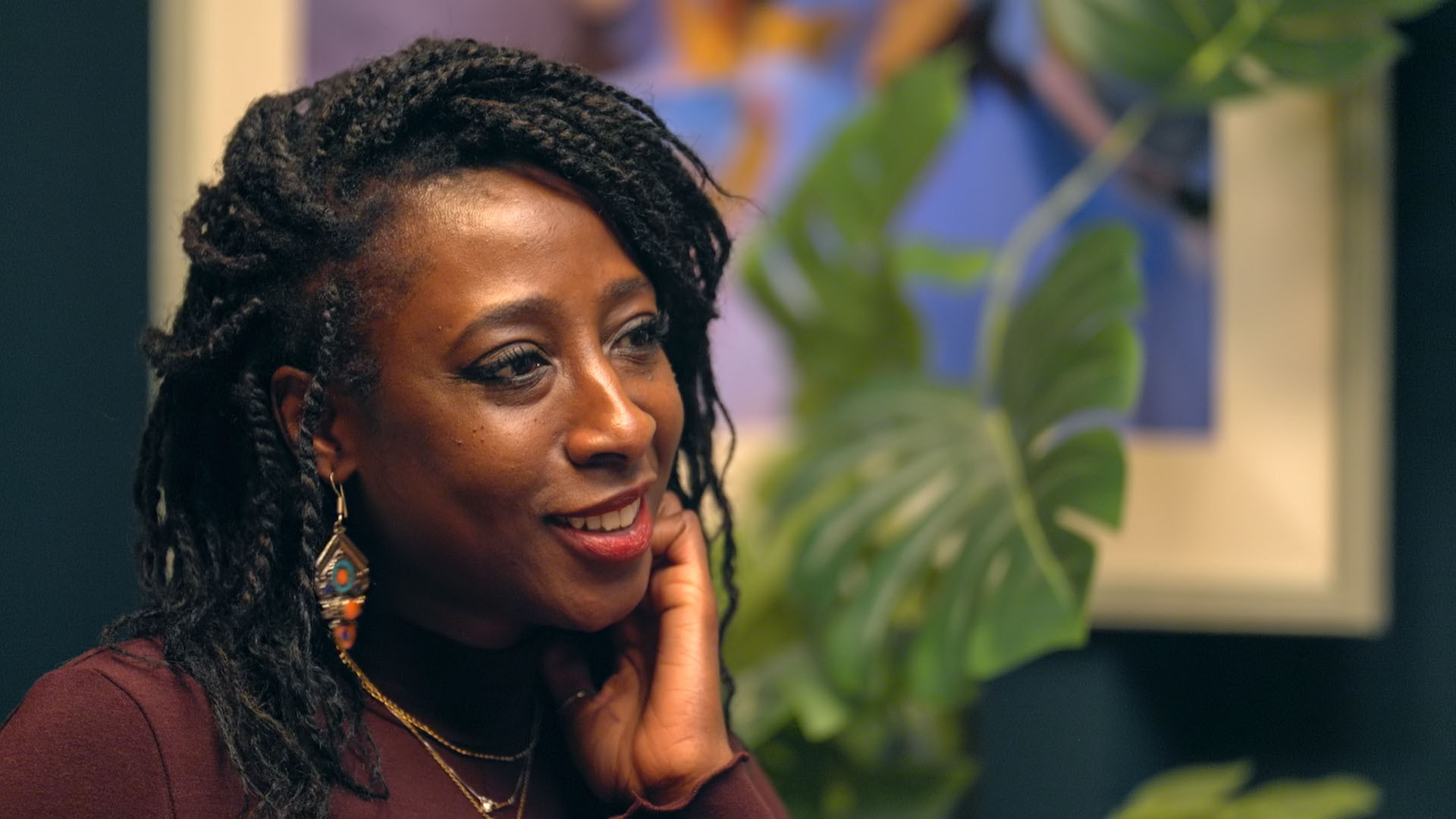
Matt and Emma on what appealed to them about making this series
“I've had quite a lot of therapy in my life and it's been transformative for me, so I’m fascinated by it,” says musician and actor, Matt, who laid bare his struggles in his 2023 documentary Matt Willis: Fighting Addiction. “I hope that this show can lift the stigma attached to it and show people it isn’t necessarily what they think it is. What happens in these rooms is so special.”
“I don't think you can really do something like this unless you're willing to open up personally,” adds Emma. “Maybe we'd have been a bit more apprehensive about it if we'd have still been in therapy, but after the reaction to Matt's documentary a couple of years ago, we wondered what else we could do to help in a mental health space and this show made sense.”
Matt and Emma on why they think there is stigma attached to therapy
EMMA: “Historically there’s the stereotypical British stiff upper lip. Keep calm and carry on. Don’t air dirty laundry in public. But if you’re really struggling and you keep it all in, that can send you to a dark place. Even though you may not want to talk about it, the minute it’s out, the lightness starts to come in.”
MATT: “For a long time I didn't mention anything about therapy, because of the stigma. It kind-of seemed a bit American or a non-British thing to do. But I've found that shame fades when you show it to the light. If you keep something in it can become a bigger monster than what it is. You don't have to struggle, you don't have to be in a fight or flight response all the time, you can learn techniques to help you. That's what's so exciting about this show, it gives you tips and tools, by some of the greatest therapists in the country.”
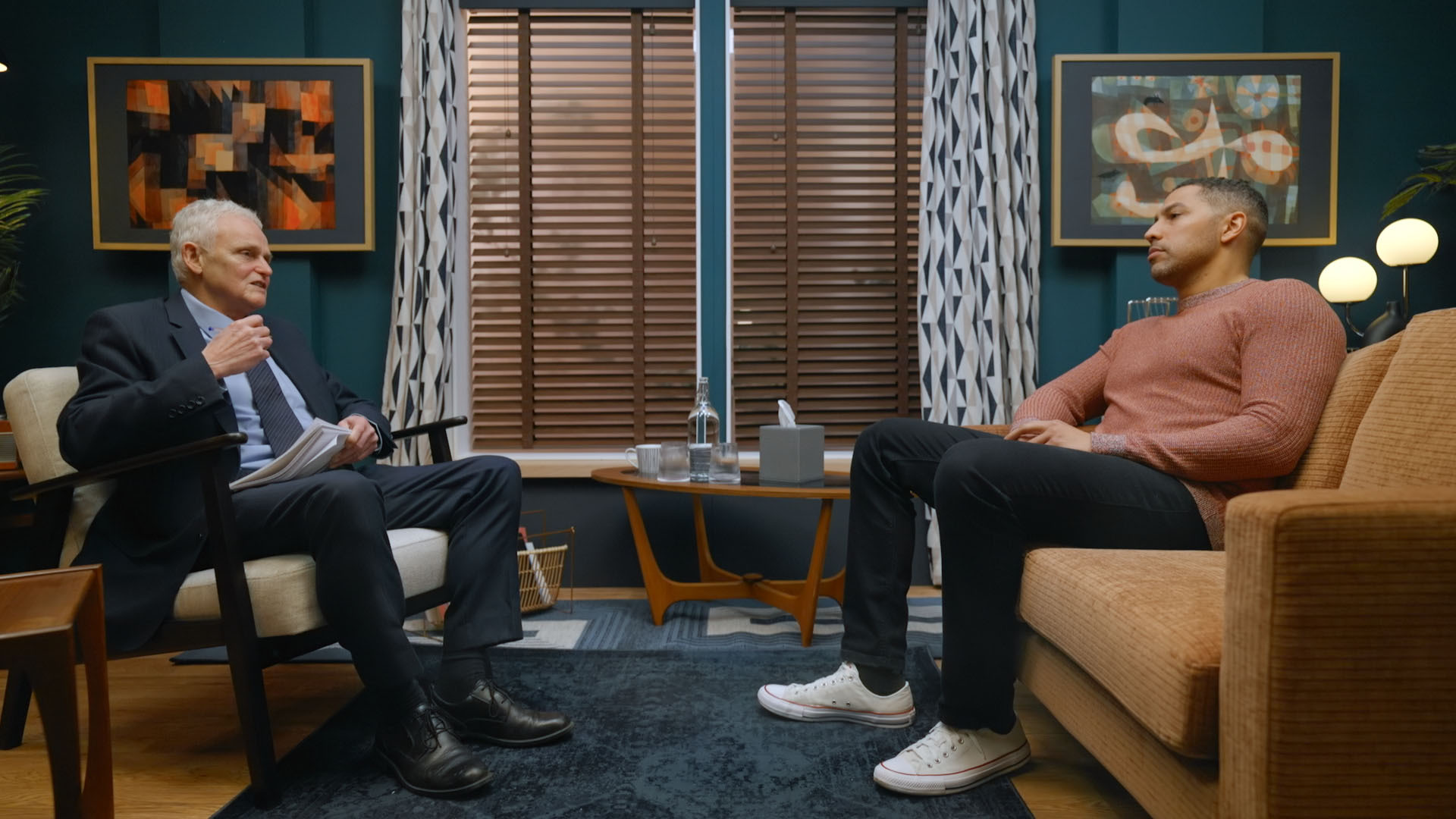
Matt and Emma on meeting the participants
EMMA: “We didn't meet every single person on the show, but we met about five contributors each, and they all resonated. Philip is a double amputee and is an inspiration. He’s a lovely bloke who has experienced huge loss and trauma, but it's almost like he's the only person that doesn't see how great he is. Then there’s James, who has anxiety and ended up not being able to leave the house. He’s a perfectionist and a huge people pleaser who never thinks he's good enough. I am a bit like that - actually quite a lot like that! - so he resonated with me loads.”
MATT: “It’s funny, because if you met them in any other scenario, I'm not sure if they’d tell you the same stuff, but they were really open with us about what was going on for them. It’s an amazing way to get to know somebody very quickly. I related to everyone. Casey was awesome and I could see something changing in him. Ben is a wonderful young bloke and we chatted for hours off camera. When I met him I saw this younger version of me talking back to me, and just wanted to say, ‘You’re going to be all right.’ He has a really incredible experience. And that's the thing, I think the show gives you hope. Some things you think you're going to have to live with forever, but in this you can see little light bulbs going off and a path to freedom from that.”
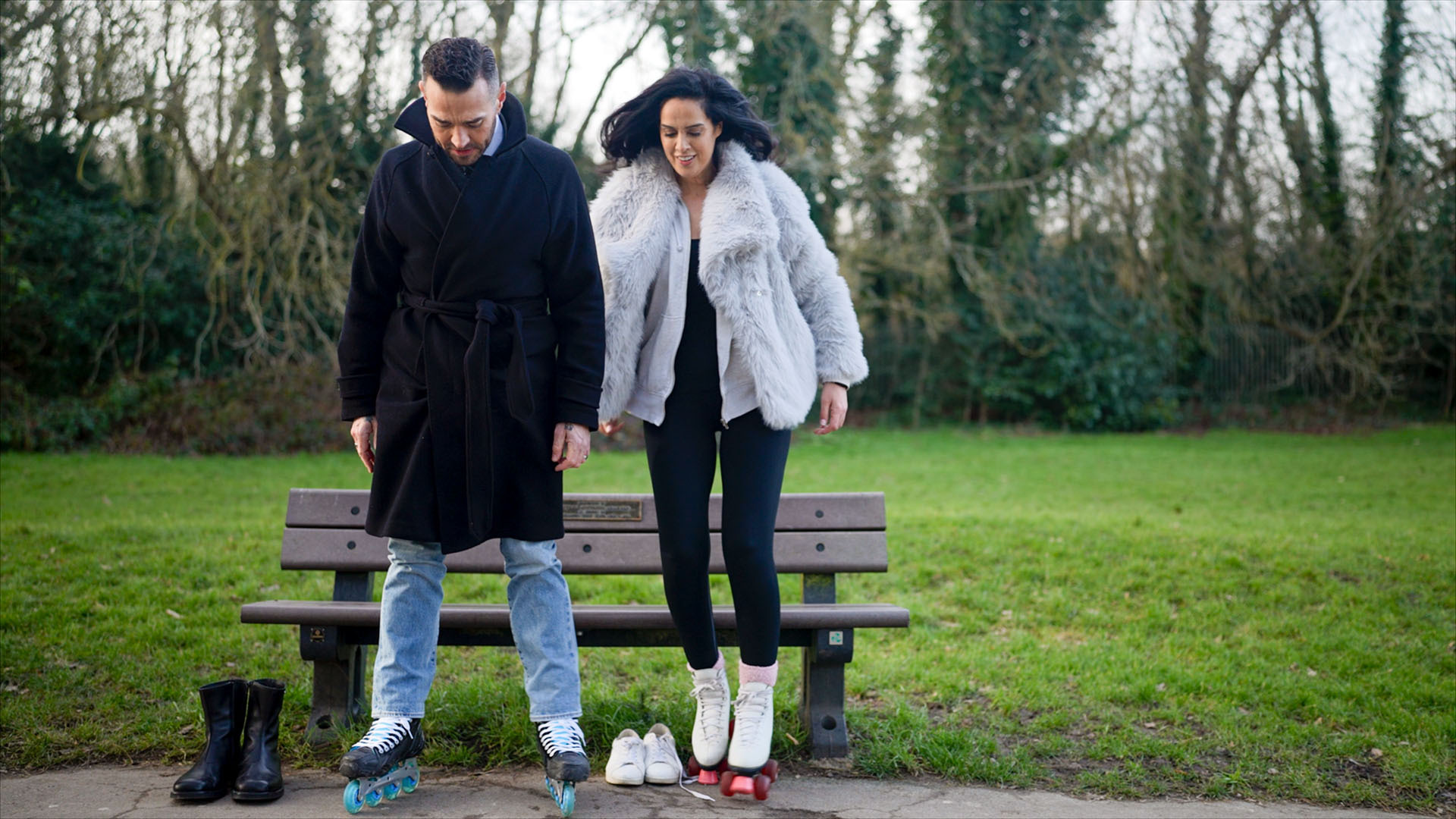
Matt and Emma on how was series was filmed
EMMA: “We’re not with them in their sessions. Our job is to see when they're back in their own spaces and have had time to reflect and decompress. There's a huge care team around the participants, not just from the therapists they're seeing. The duty of care on the show is next level. When doing something like this, you've got to take the best care possible of the people taking part. To put yourself out there in this way is incredibly brave and we want them all to come out of this with positive takeout and a new way forward.
“It was a really small crew and when they're in the therapy rooms, everything's hidden, so it's just them and the therapist. On our days it was just us and one or two cameras. When you're doing something this personal - and it was like this on Delivering Babies - the smaller a unit we are and the less imposing and intrusive it feels, the more people will open up and the more comfortable they are.”
MATT: “The stuff they do with cameras on the show was amazing. You really wouldn't be able to see one in the room. So they could walk into there and forget that the cameras were there, which was the task really, because they wanted to have a real session.”
Matt and Emma’s thoughts on the therapy they’ve undergone together
MATT: “It’s a really important part of our marriage. It’s up there with having kids and being married, because it's allowed us to really see each other. I don’t want to jinx anything, but we never row, which is amazing for a couple that have been together for 20 years and it’s because of the therapy and what we've learned.”
EMMA: “You learn how to communicate, how to talk to each other and how to listen. And while all those things seem really normal, sometimes it’s not until you sit with an impartial person and dissect things that are happening that you can see each other's point of view. It's been phenomenal for us. We did a good chunk of it when we needed it and we haven't needed it [touches wood] since. But if we did, we’d absolutely go back for sure.”
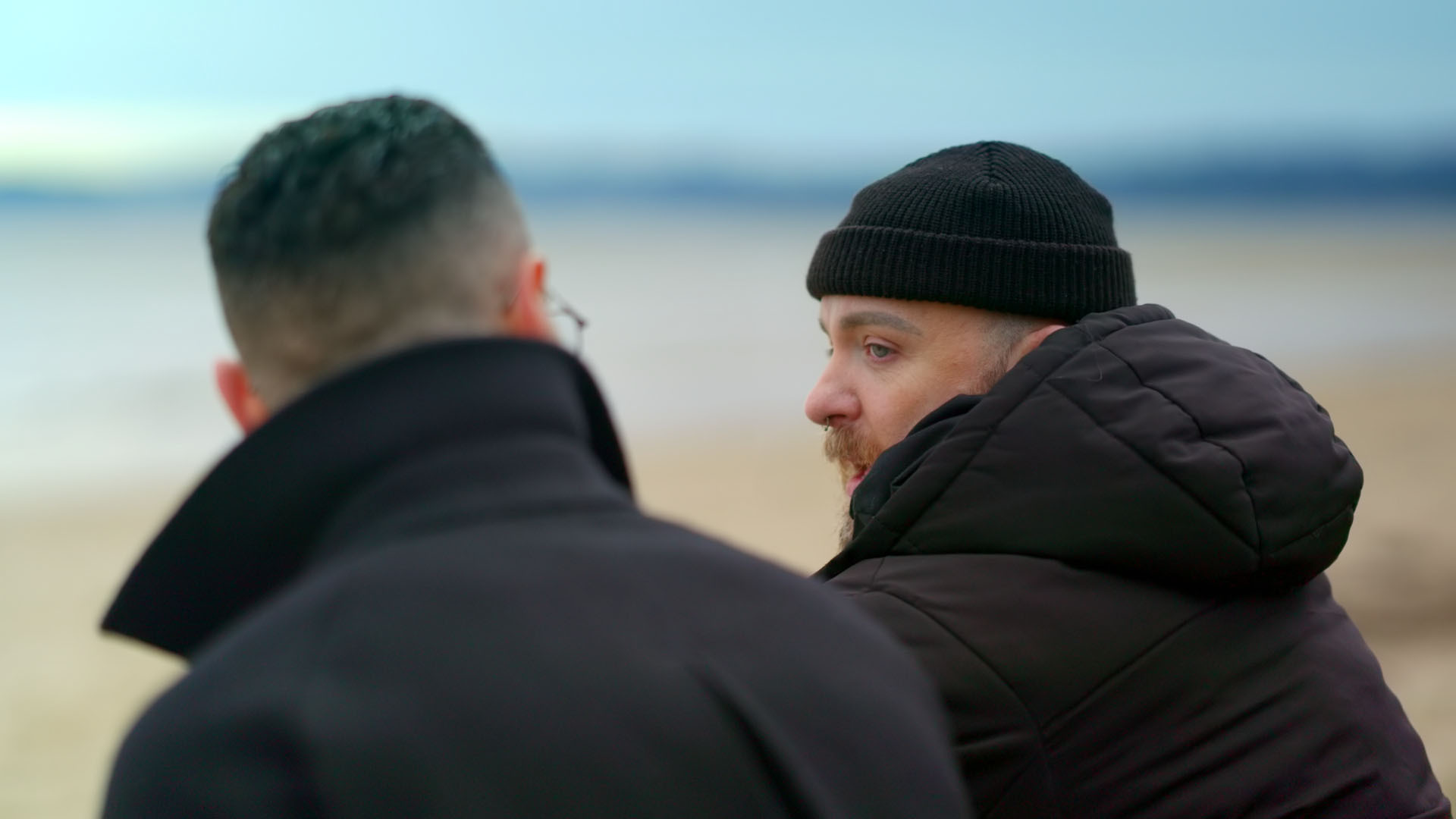
Matt on the main tool in his mental health first aid box
MATT: “I find breath is the most important thing. Our breath can control our body. So, if we’re getting in a state we can really control things by our breath.”
The couple's hopes for the show
MATT: “Hopefully the show will grow, we love it and want to do more and more with it. The participants in this series have an array of issues, which are dealt with in different ways, but there are people struggling with all kinds of things and there needs to be ways to help them.”
EMMA: “I was that person who thought, ‘I don't need therapy. I’m fine.’ But we've all got something that affects us and sometimes you don't even know what, until you hear it from somebody else.
“I didn't know I had anxiety until we went to therapy. We were chatting to a lovely therapist in the first session, and I said something like, ‘I’m a bit of a control freak’ and she just looked me dead straight as you like and said, ‘You mean you're anxious.’ That changed my whole feeling about myself.
“Maybe, someone watching the show might think, ‘That's what that is always in my head.’ We know that therapy isn’t always easy to access, so by bringing it to TV, we hope to give people a window into the process and share tools that could help them navigate their own challenges. Asking for help is never a weakness; it’s one of the bravest things you can do.”
Change Your Mind, Change Your Life… with Matt and Emma Willis — Episode guide
Episode 1 (Tuesday, May 13)
With almost three-quarters of UK adults experiencing recent feelings of anxiety, episode one shows that change is possible. Therapist Owen O’Kane says, “You’re not stuck with the brain you’ve got.”
First to see Owen is Nicole who wants to tackle her fear of driving. Psychiatrist Steve Peters works with ex-athlete James whose dreams were shattered by sudden illness. And Psychologist Fatoumata Jatta helps Muna who is terrified of being left alone. Back at home in their everyday lives, they are visited between sessions by Matt and Emma to see how things are changing.
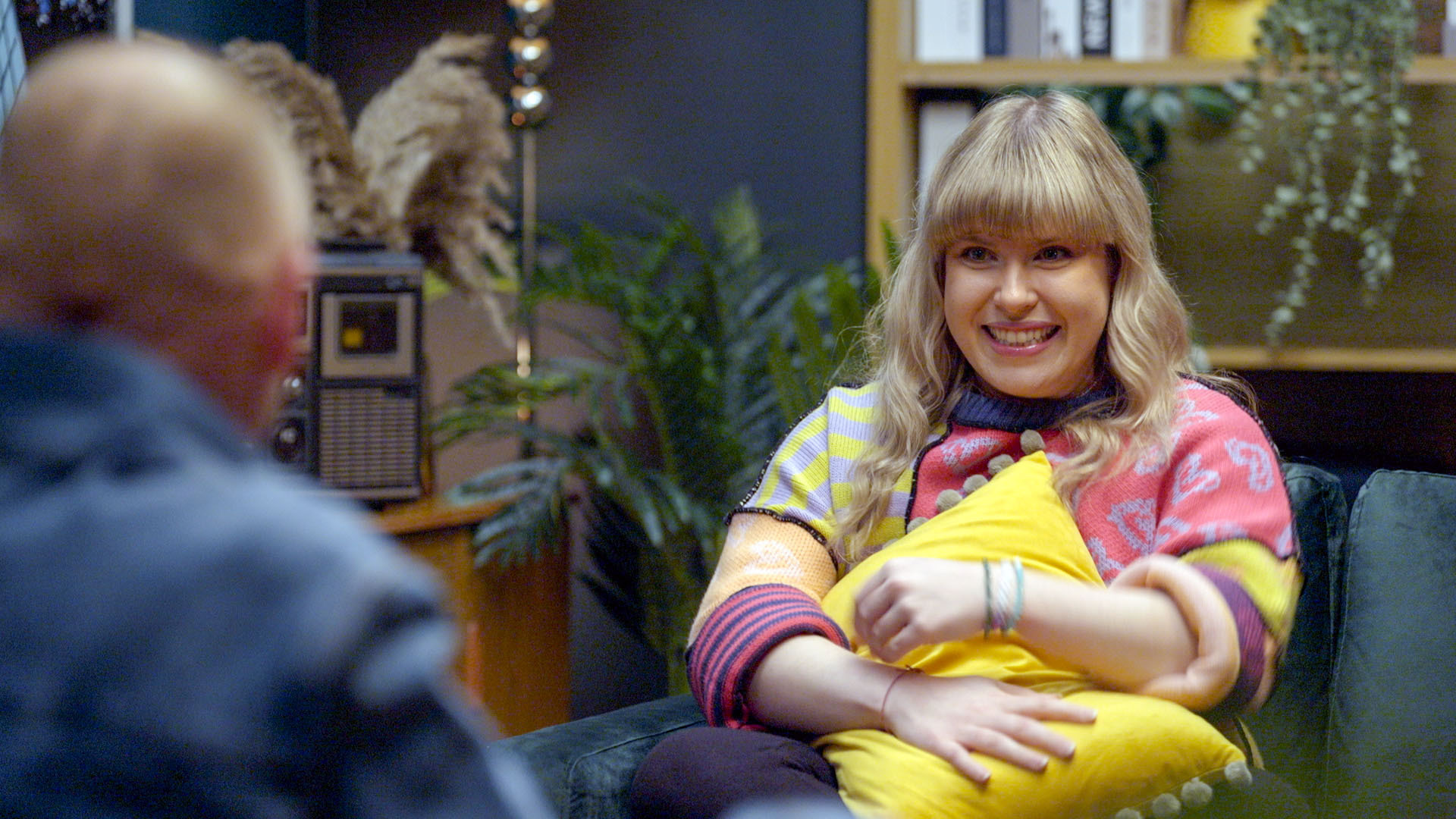
Nicole moved to London from Scotland with a single suitcase and big dreams but is now struggling with severe driving anxiety. Working with her is Owen O’Kane – a renowned psychotherapist with over 25 years of experience in mental health. Across their sessions together, Owen helps Nicole see that to tackle her fear of driving, she must first deal with what’s beneath it.
Consultant psychiatrist Professor Steve Peters, best known for working with elite sports people, opens his therapy room to ex-athlete James whose dreams were shattered by a sudden stroke. Despite having physically recovered, James is feeling so anxious there are times when he is unable to leave the house to go to work. Steve and James explore where James’ anxiety comes from, and tactics he can use to overcome it.
Clinical psychologist Fatoumata Jatta is working with Muna who has a fear of being alone which has got worse since her marriage broke down during covid. Her daughter is preparing to leave home for university and Muna doesn’t want to hold her back. Fatoumata believes that confronting the childhood bullying she experienced may hold the key to freeing her from her anxiety.
Episode 2 (Tuesday, May 13)
Hairdresser Casey talks to psychiatrist Steve about a lifetime of panic that’s prevented him from living life to its fullest. Psychotherapist Julia helps Anjalee confront the grief she buried after losing her mother as a teenager. Working with psychologist Fatoumata, Leon reveals a recent attack has left him with more than physical scars. Can therapy help transform their lives?
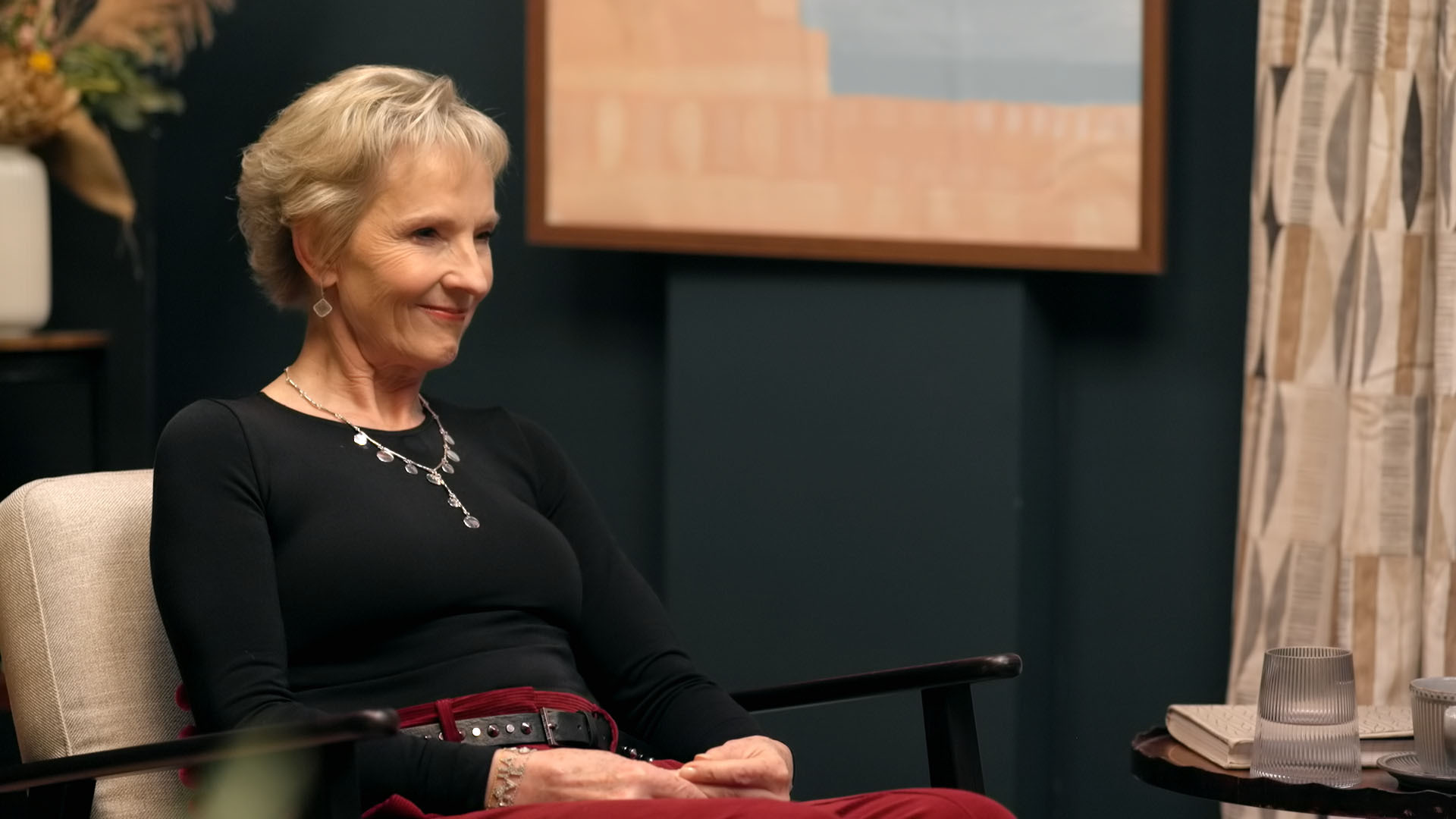
Episode 3 (Tuesday, May 20)
Psychologist Fatoumata works with Ben who is struggling to understand a recent ADHD diagnosis. Owen helps Joanne come to terms with the tragic loss of her husband. Sarah talks to Julia the guilt she’s been feeling since her cancer diagnosis has impacted her whole family.
Episode 4 (Tuesday, May 20)
Philip, a double amputee, wants to find love but can’t look at himself in a mirror. Psychotherapist Julia helps him confront feelings of anger that he’s been burying. Hannah, who works with children, struggles with a phobia of vomit but psychiatrist Steve gives her tools to cope. Overwhelmed Amanda finds the idea of therapy ‘marshmallowy’ but knows she needs help.
Behind the scenes and more on Change Your Mind, Change Your Life
The working title for Change Your Mind, Change Your Life was Inside Therapy with Matt and Emma Willis.
In the series Matt and Emma team up with some of Britain’s leading therapists to explore how they can help us navigate the challenges that modern life throws at us. As they follow a range of people across the UK experiencing therapy - many for the first time - they will uncover practical and accessible ways to improve mental health and wellbeing.
The series is from Bristol-based Twenty Twenty Productions (A House Through Time, First Dates) and co-produced by The Open University.
The format offers unprecedented access to the UK’s leading mental health experts behind closed doors where cameras capture real therapy in action at a specially-created clinic.
Through demystifying the process of therapy and providing viewers with valuable insight that they can apply to their own lives, the series aims to tackle the stigma around mental health and help remove barriers towards improved mental wellbeing. It also aims to provide insight into what causes the universal issues that we all struggle with and how they can be treated, offering a tangible guide to mental health for a broad audience.
Twenty Twenty’s Creative Director James O’Reilly said: “We’re so thrilled to be working with Emma, Matt and our incredible cast of therapists on this series. The challenges and problems we all face can sometimes feel insurmountable - but the uplifting message that this show reveals is how it’s possible to deal with almost anything that life can throw at us.”
Clare Sillery, BBC Head of Commissioning, Documentaries, said: “There is more awareness than ever before about how important it is to look after our mental health but there are still barriers to people accessing the support they need. This inspiring new series offers an insight and gives us some tools that can help us better understand ourselves and each other.”
The Open University are developing a comprehensive online support resource to accompany the series, offering guidance for people thinking about starting therapy as a client, and those considering training to become a therapist.
This series will be a key part of a BBC focus on mental health and wellbeing in May.
Change Your Mind, Change Your Life was commissioned by Clare Sillery, BBC Head of Commissioning, Documentaries. The Exec producers are Ruth Kelly and Lucy Morgan for Twenty Twenty. The Series Producer is Ian Osprey and the Series Director is Nick Hardie. The BBC commissioner is Beejal-Maya Patel. It is co-produced by The Open University.
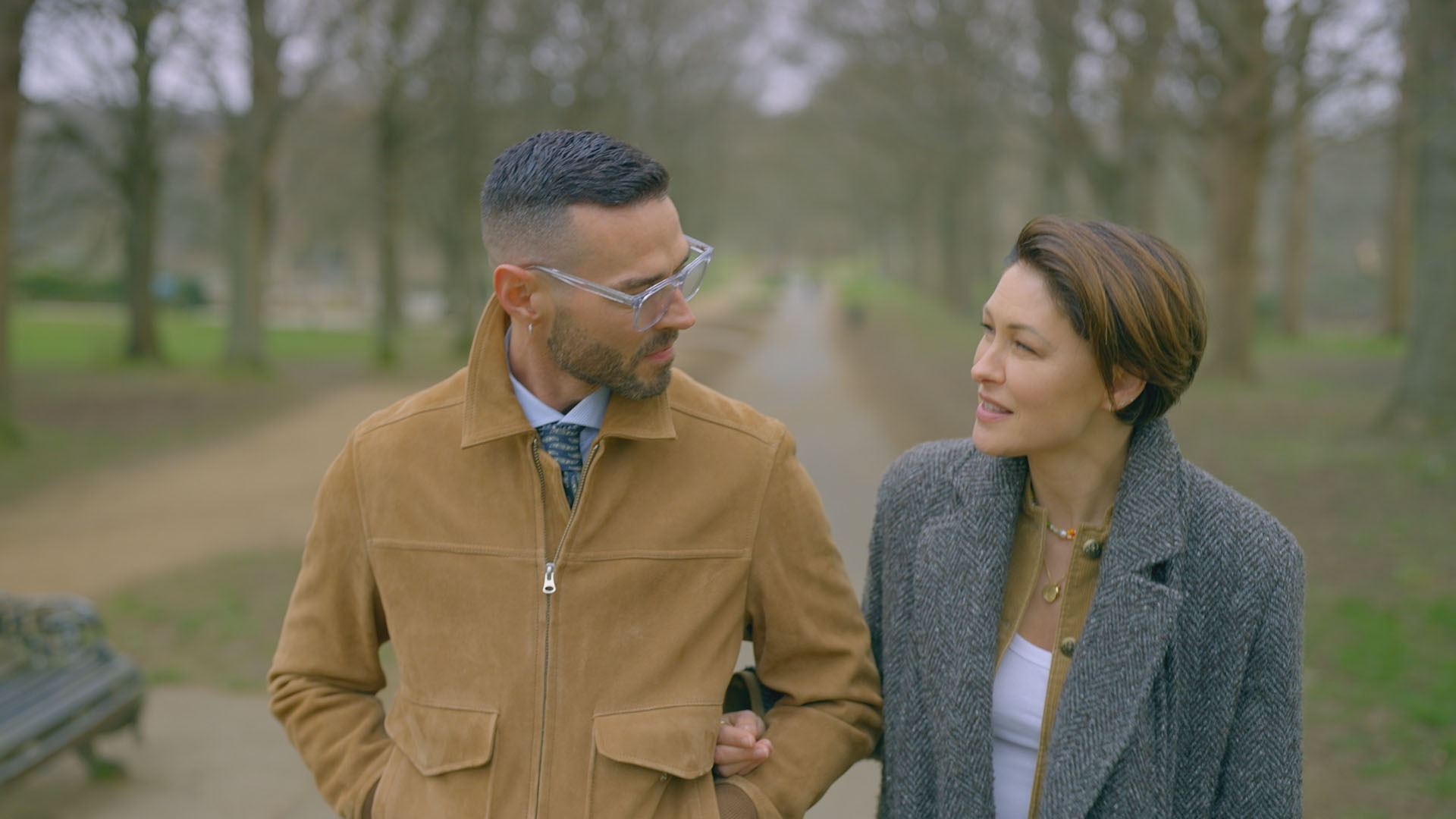
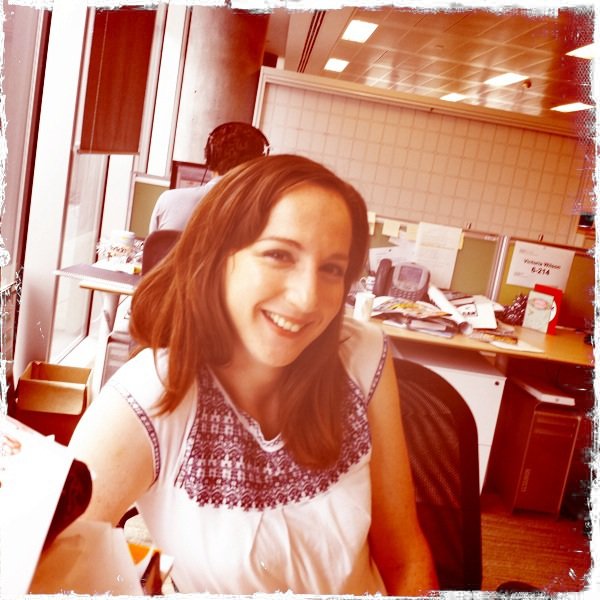
With over twenty years of experience as an entertainment journalist, Elaine writes for What’s on TV, TV Times, TV & Satellite Week and www.whattowatch.com covering a variety of programs from gardening and wildlife to documentaries and drama.
As well as active involvement in the WTW family’s social media accounts, she has been known to get chatty on the red carpet and wander into the odd podcast.
After a day of previewing TV, writing about TV and interviewing TV stars, Elaine likes nothing than to relax… by watching TV.

